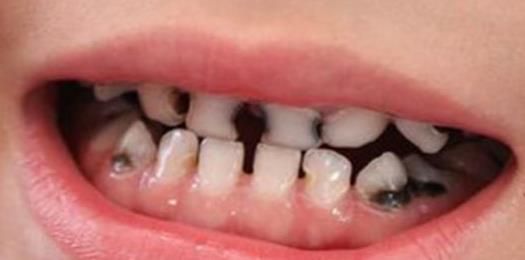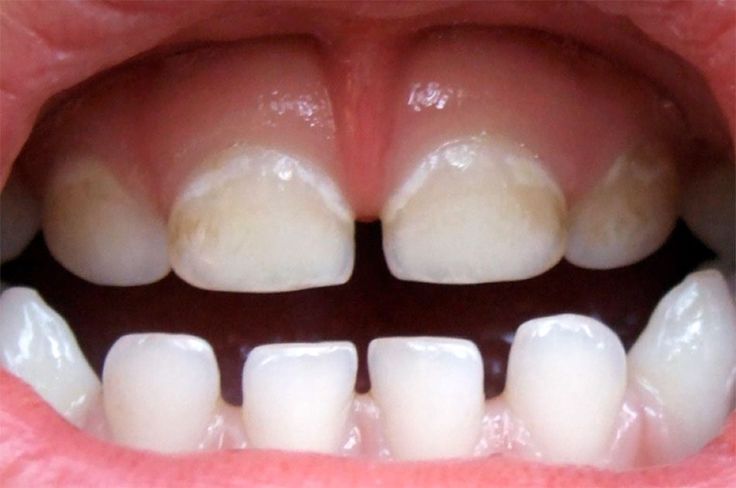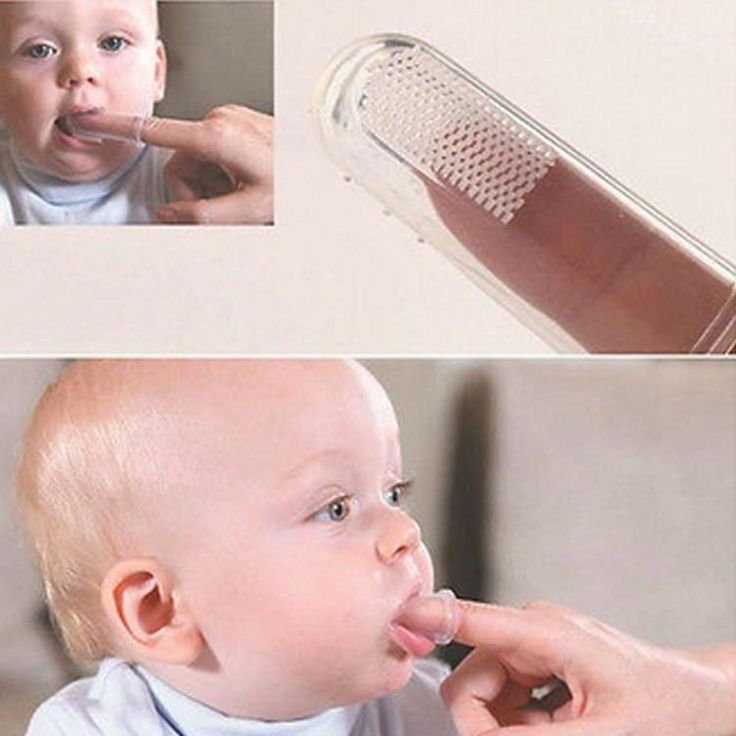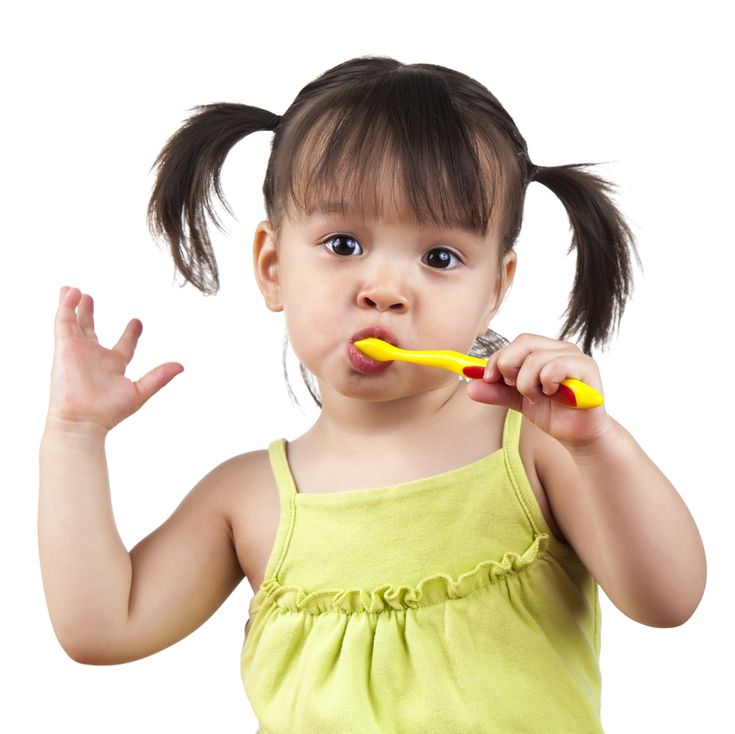

Early Childhood Caries (ECC), also known as baby bottle tooth decay, is a type of severe tooth decay that affects infants and young children. ECC specifically refers to the rapid decay of primary (baby) teeth in children under the age of six. It is a significant public health concern because it can lead to pain, infection, difficulty eating, and even affects overall health and development.
Here are some key points about Early Childhood Caries
Cause: ECC is primarily caused by frequent and prolonged exposure of a child’s teeth to sugary liquids, such as milk (including breast milk), formula, fruit juice, and sweetened beverages. When these liquids are left on the teeth for long periods, bacteria in the mouth feed on the sugars and produce acids that attack the tooth enamel.

Risk Factors: Several factors can increase the risk of ECC:
Signs and Symptoms:
White spots or discoloration on the teeth, often near the gum line.

Consequences: ECC can have serious consequences for a child’s oral and overall health:
Pain and discomfort can affect a child’s ability to eat, sleep, and concentrate.
Severe decay can lead to infections, abscesses, and even tooth loss.
Damage to primary teeth can affect the development of permanent teeth.
Early tooth loss can lead to problems with speech development, nutrition, and self-esteem.
Prevention:
Treatment: If ECC is detected, treatment may involve:

After bottle feeding use soft wet cloth or finger brush and wipe your gums and teeth to remove bacteria

with rice sized tooth paste and kids tooth brush
Early Childhood Caries is largely preventable with good oral hygiene practices and a healthy diet. Parents and caregivers play a crucial role in protecting their child’s teeth by promoting good habits and seeking regular dental care.

Early Childhood Caries (ECC), also known as baby bottle tooth decay, is a type of severe tooth decay that affects infants and young children. ECC specifically refers to the rapid decay of primary (baby) teeth in children under the age of six. It is a significant public health concern because it can lead to pain, infection, difficulty eating, and even affects overall health and development.
Here are some key points about Early Childhood Caries
Cause: ECC is primarily caused by frequent and prolonged exposure of a child’s teeth to sugary liquids, such as milk (including breast milk), formula, fruit juice, and sweetened beverages. When these liquids are left on the teeth for long periods, bacteria in the mouth feed on the sugars and produce acids that attack the tooth enamel.

Risk Factors: Several factors can increase the risk of ECC:
Signs and Symptoms:
White spots or discoloration on the teeth, often near the gum line.

Consequences: ECC can have serious consequences for a child’s oral and overall health:
Pain and discomfort can affect a child’s ability to eat, sleep, and concentrate.
Severe decay can lead to infections, abscesses, and even tooth loss.
Damage to primary teeth can affect the development of permanent teeth.
Early tooth loss can lead to problems with speech development, nutrition, and self-esteem.
Prevention:
Treatment: If ECC is detected, treatment may involve:

After bottle feeding use soft wet cloth or finger brush and wipe your gums and teeth to remove bacteria

with rice sized tooth paste and kids tooth brush
Early Childhood Caries is largely preventable with good oral hygiene practices and a healthy diet. Parents and caregivers play a crucial role in protecting their child’s teeth by promoting good habits and seeking regular dental care.

